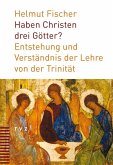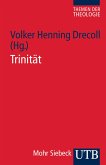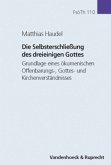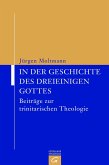The doctrine of the pactum salutis (covenant of redemption) offers the idea of a covenant between the very persons of the Trinity for the redemption of humanity. The doctrine received most of its attention in seventeenth-century Reformed theology, and has been criticized and almost totally forgotten in dogmatics since the eighteenth century. Most recent Reformed dogmatics tend to ignore the doctrine or disparage it from biblical, trinitarian, christological, pneumatological, and soteriological perspectives-namely, the doctrine lacks scriptural basis; it is tritheistic; it leads to subordination of the Son; it omits the role of the Holy Spirit; and it applies a deterministic idea for the Christian life. The theologies of Witsius, Owen, Dickson, Goodwin, and Cocceius portray a very robust form of the doctrine. Witsius argues with the help of a peculiar methodology of cross-referencing and collation of related scriptural texts that the doctrine is firmly based on biblical exegesis that was passed on from the patristic era. The doctrine formulated by Owen endorses the doctrines of inseparable operations and terminus operationis so as to give deep insight into the Trinity. In Dickson's doctrine, the Son's voluntary consent and obedience to the will of the Father are highly emphasized. Likewise, Goodwin's depiction of the Holy Spirit secures the divinity of the Spirit as well as his indispensable role for the transaction and accomplishment of the pactum. The doctrine in the theology of Cocceius sheds much light on the vibrant dynamic of the Christian life in accordance with the ordo salutis. The doctrine of the pactum salutis of the five Reformed theologians clearly shows that the doctrine is both promised and promising for theology and the life of faith.
Hinweis: Dieser Artikel kann nur an eine deutsche Lieferadresse ausgeliefert werden.
Hinweis: Dieser Artikel kann nur an eine deutsche Lieferadresse ausgeliefert werden.








